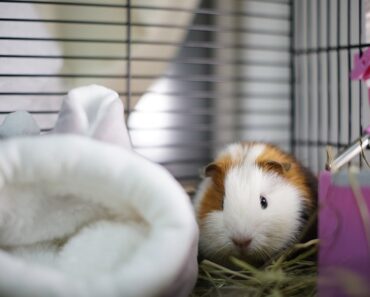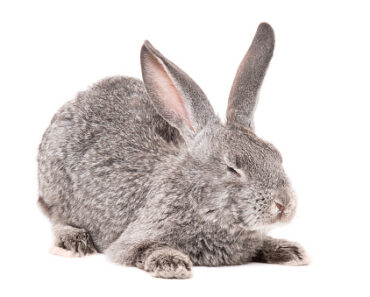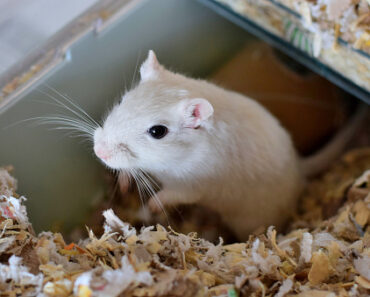When you adopt a rabbit, a question can quickly arise: should you have it sterilized? Sterilization is an irreversible operation that consists in removing the ovaries for females and the testicles for males. It is an operation costing about 100€ (more for females, but the price differs according to the practitioner). The operation represents little risk, but requires an anesthesia (not necessarily general) and a few days of observation by the owner, or even a post-operation observation consultation with the veterinarian.
It is important to note that some veterinarians are not specialists in dwarf rabbits, so it is important to get information before considering an operation for your little friend.

Why sterilize your rabbit?
There are several reasons to sterilize a rabbit. It is most often done to prevent the rabbit from reproducing, but in the case of a domestic rabbit, it will mainly help reduce its frustration. A rabbit that can’t satisfy its needs is a frustrated rabbit, even a fighter. Hormones make him more aggressive and excited. Spaying or neutering your rabbit will make him calmer and improve the cohabitation with you or your other animals by getting rid of his sexual urges, but will not change his character. Females are less aggressive than males, but they can try to reproduce, and even trigger nervous pregnancies, so it is important to sterilize them too, even if they live alone.
In some cases, a homeopathic treatment can reduce these irritations (treatment normally addressed to cats, but which can be used for rabbits), nevertheless this solution is not completely effective to calm the rabbit and contrary to the sterilization, he or she will still be able to reproduce. Removal of the testicles for males and the ovaries for females is the most effective way to prevent infections and tumors, homeopathy does not prevent this.
This operation will not change the rabbit, but will allow him to live without being a slave to his impulses. It will also be easier to live with.
When and how to sterilize your rabbit?
This operation is usually performed on a rabbit between 6 months and 1 year old, but it is possible to operate earlier or later (but it is not recommended before 4 months). The rabbit’s behavior (more aggressive or marking its territory all over the house) may be a sign that it is time to operate. The odors of droppings and urine are also stronger, because the hormones are more concentrated. The only condition to operate is that the rabbit is in good health.
What to think about after the sterilization of your rabbit
It is important to monitor the rabbit for 48 hours after sterilization. Slight bleeding may occur during this period, which is not serious, but the rabbit will be tempted to lick or scratch its stitches, so it should be scolded when it does so to prevent the wound from reopening. You also have to be careful that he doesn’t rub or bump himself on the spot. As soon as he starts to drink, eat and relieve himself normally, it’s a sign that he’s fine! Do not hesitate to replace the shavings in his cage with paper towels or newspaper to avoid any injection of the wound during the week following the operation.
If you are operating on a male, but also have females, you must also remain vigilant, because the male still has spermatozoa for a few weeks and is still able to fertilize.






